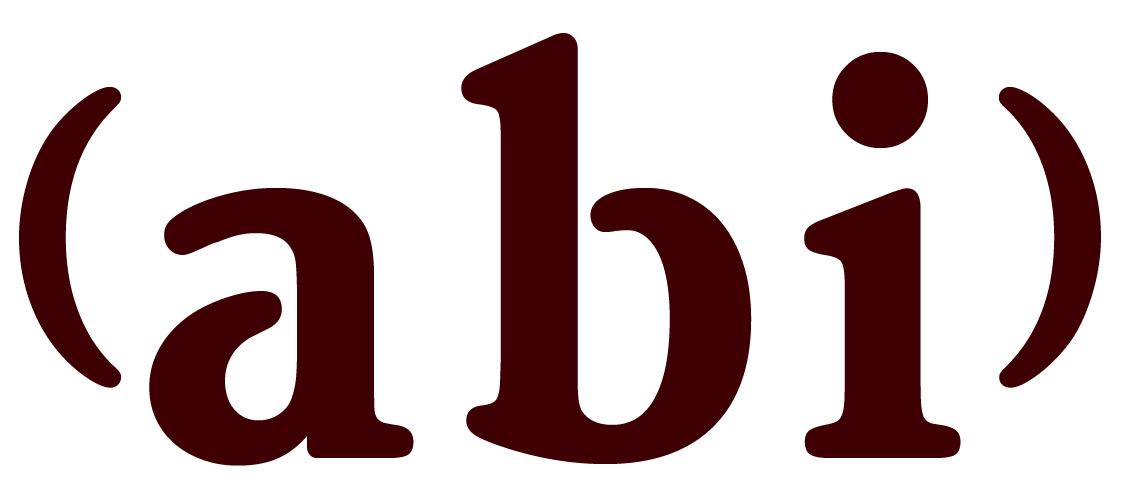College within reach for Oregonians with intellectual disabilities
For the first time in Oregon, individuals with intellectual disabilities will have access to an inclusive postsecondary education at a four-year university, thanks to the efforts of Think College Inclusion Oregon, Northwest Down Syndrome Association/All Born (in), and Portland State University. A $2.5 million, five-year grant from the US Department of Education will fund a college program at Portland State University facilitating the enrollment of students with intellectual disabilities which will better prepare them for eventual employment and adult life within their community.
While Portland Public Schools’ existing Community Transition Program has provided much-needed services and resources for 18-21 year-olds for over two decades, the $2.5 million grant allows for expansions to the program that will enable students to receive a more immersive and inclusive college experience alongside their peers.
This funding breakthrough is the result of over 2 years of development and vision from Think College Inclusion Oregon—a coalition of middle and high school students, families, education professionals, and PSU faculty—led by NWDSA/ABI.
Although the partners were instrumental in achieving this goal, the real driving force behind the movement is the youth—advocates with intellectual disabilities and without who share a dream of going to college. All of the good work done with Early Intervention in the past couple of decades has produced a generation of young people raised with values of inclusion, equity, and diversity, and the belief that anything is possible with hard work and the right supports. Now that these students are college-age, it’s up to families, policymakers, and educators to ensure they have the opportunities they deserve.
Youth advocate Claire B. wrote the following about her family’s dreams of college for her and her sister:
“A couple years ago I started hearing about people with disabilities not getting the chance to go to college. Thinking about how silly that sounded I was scared for my sister because we have had such high hopes since we were kids.
From the beginning, Karley and our family [have] been fighting and working for her education, when college comes we will fight for it too. She would learn just like the other students and if needed have a tutor or help just like some of the other students would have. She deserves to have a college experience just like everyone else.”
The power of support from parents, families, and allies has been the heart of NWDSA/ABI’s mission from the beginning. In the years since forming as a Down syndrome-focused parent group in 1997, NWDSA/ABI has grown to recognize and advocate for the needs of all children with disabilities. Focus has expanded from early intervention during the first five years to encompass a lifespan track, including transition into college years, employment and adulthood. Some other excellent work being done by parents and staff members to create positive change along the lifespan track includes:
Reach 2020: This six-year proposal by PPS Director of Special Education Mary Pearson calls to dissolve the line between general and special education, adopting instead a ‘co-teaching’ model. NWDSA/ABI Executive Director Angela Jarvis-Holland was quoted in an article in the Portland Tribune: “Part of it is money and part of it really is about attitudes.” Read the full article at portlandtribune.com/pt/9-news/246924-114159-pps-plan-would-integrate-special-ed
Kindergarten Readiness: NWDSA/ABI sponsored a workshop entitled “Getting Ready for the Big Day; Dive into Tools, Tips, Rights, and Partnerships for a Great Start to Kindergarten” featuring Chris Shank, Attorney DRO; Michael Bailey, DRN; Alicia Delashmutt, Parent Advocate; Esther Harris, PPS Parent Liaison; Jamie Burch, Clark County Parent Coalition; Dr. Ruth Falco, PSU; Mirsa Lopez, OrFirst; and Stephanie Hunter, OTAC. This is the first of hopefully many future trainings focusing on supporting families through Kindergarten transition.
Kindergarten Inclusion Cohort: This one-year program gives parents the knowledge and advocacy skills necessary to help their child with a significant developmental delay gain access to an inclusive kindergarten placement.
Children’s Agenda: NWDSA/ABI joined with over 60 advocacy groups and coalitions to identify key policy changes that will improve life for children in Oregon, including kids experiencing disabilities. Read the Children’s Agenda at www.orunitedforkids.org/childrens-agenda
NWDSA/ABI introduced two initiatives to the Children’s Agenda including creating and expanding inclusive college options for our youth with intellectual disabilities and creating tax-free savings accounts for individuals with intellectual disabilities.
Collaboration with Disability Rights Oregon: NWDSA/ABI Executive Director Angela Jarvis-Holland was recently appointed membership on the Disability Rights Oregon Board. NWDSA/ABI and DRO have built a valuable partnership over many years, working together on the issues of seclusion and restraint among others. Attorney Chris Shank from DRO has presented and collaborated on many projects with ABI to educate parents about legal solutions. Angela is enthusiastic about the opportunity to continue learning from this partnership.
There is a saying that goes, “Difficult roads lead to beautiful destinations.” Parents and families brought together by the common needs of our children know that this road is easier to travel with the support of the community, and change happens and progress is made when we unite to advocate for a better future for all children.

